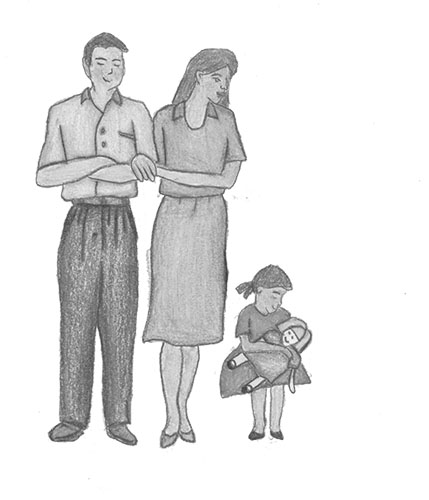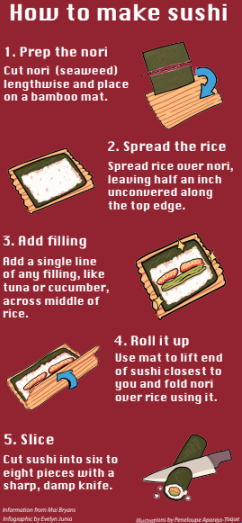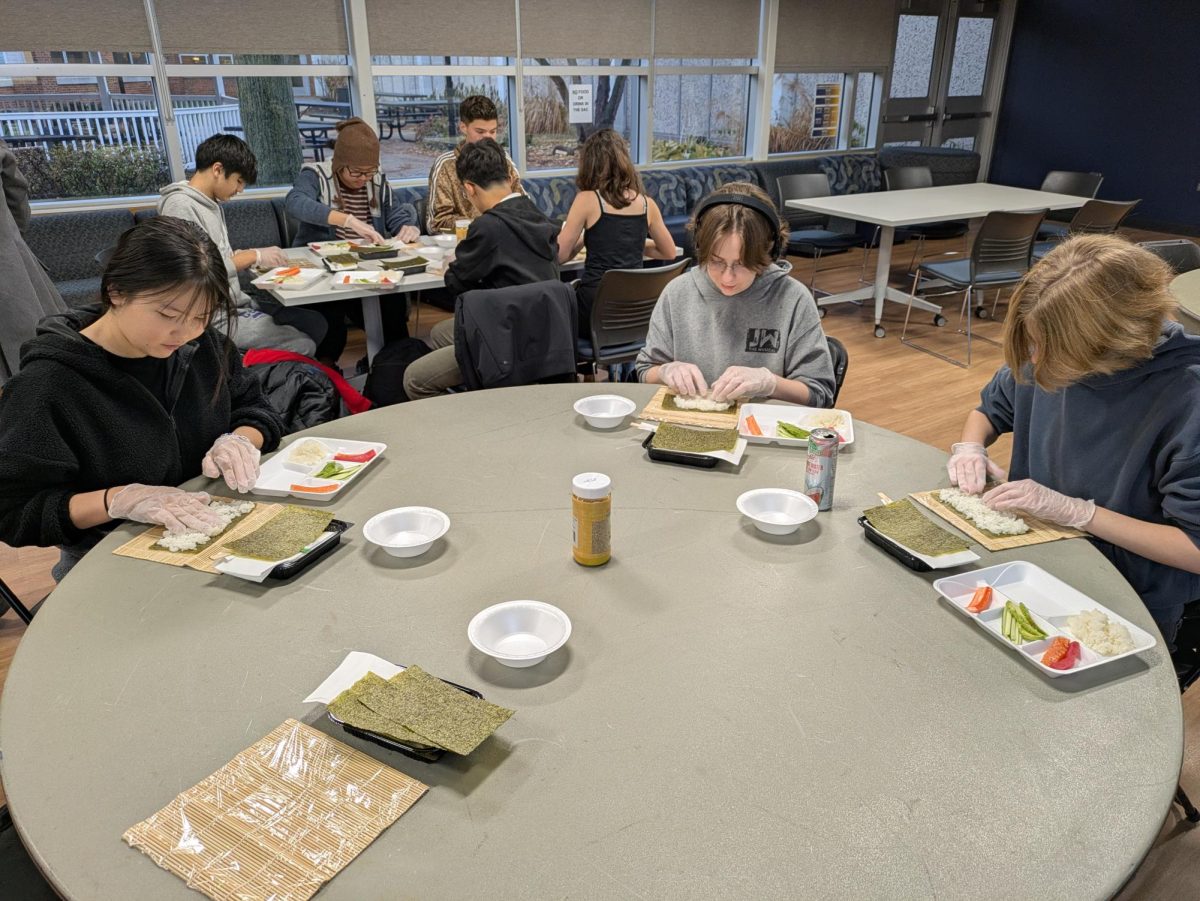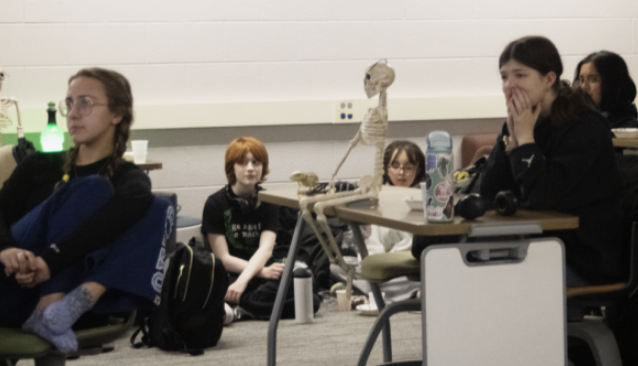Unconditionally loved, spoiled with attention, pampered by their parents, yet often left in solitude and boredom. This stereotype often pertains to a small minority here at South: only children. But, is this stereotype an accurate reflection of reality for most only children? Whatever the case may be, it is clear that South’s only children often both validate and contradict these preconceived judgements.
According to junior Arina Kim, being an only child often results in an array of emotions. Regardless, Kim testifies on how she has grown accustomed and content with her situation.
“There are times when I am relieved that I don’t have siblings,” Kim said. “I am relieved when I see my friends fighting with their siblings, but there have been times when I wished I could argue with someone like that. [But] I am glad that I do not have to deal with constantly sharing my food and clothes.”
Unique situations also come with unique benefits as well. Junior Jimmy Jang argues that the pros of being an only child, far outweigh the cons, especially in regards to the plentiful privileges he receives.
“I love the independence and freedom that comes with being an only child,” Jang said. “Especially when it comes to the car. I don’t have to share it or drive anyone else, so that’s nice.”
However, being an only child can have its disadvantages as well. According to Jang, being an only child focuses all of the attention on him, creating a more sheltered, strict environment at times.
“When I was younger, my friends and I at church would always play hide-and-go-seek [or] play pranks on the girls, but I would always get the slack because I was the youngest and blamed it on the older kids,” Jang said. “But as I did similar things at home, whenever I did something wrong, my parents would know who did it because, well, I can’t blame it on anyone else.”
According to Kim, along with the occasional moments of loneliness, watching others with their siblings can also cause various forms of envy.
“Both of my parents have three siblings,” Kim said. “My mom often talks to her sisters and brother on the phone. Whenever I hear my mom talking to her siblings, I wish that I could grow old with someone that I have known all my life and could talk to them as a friend on a daily basis just like my mom does.”
According to Jang, the loneliness of being an only child permeates and runs much more rampant throughout special family dinners and holiday occasions.
“Sometimes I imagine how nice or what it would be like sharing holiday dinners with siblings, rather than just with my parents or other family members,” Jang continued. “Or just even spending time with someone other than my parents on vacations or during holidays such as Christmas. I just think it would be nice to talk to someone other than my parents.”
Regardless of the drawbacks, being an only child has taught junior Luana Dumitrache many valuable lessons.
“I think everyone assumes that if you’re an only child you get everything handed to you,” Dumitrache said. “But for the most part, it teaches you how to be ok with being by yourself and not having to be surrounded by people all the time.”
According to Jang, being an only child has been a peculiar, yet interesting experience. Jang views this uniqueness to be a blessing in disguise that has positively affected the development of who he is in his life today.
“I wouldn’t change being an only child for anything,” Jang said. “I am often spoiled with attention, gifts, etc., but I’m also fairly disciplined when I need to be. So I’ve learned both love and obedience, even without any siblings. Being an only child is unique and I’m proud of that difference, especially because I feel like it has made me a unique individual.”








